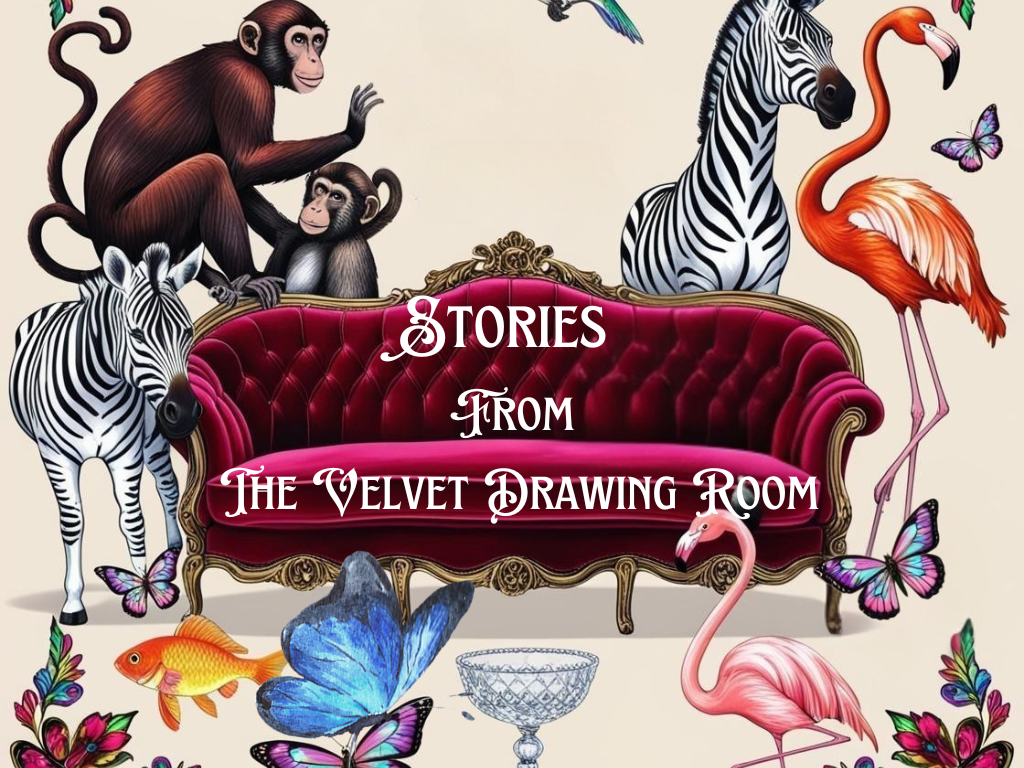
In the beginning
The beginning of the awakening and appreciation of taxidermy as an art started with the Wunderkammers or the Cabinets of Curiosities in Europe in the 1600s.
Then, taxidermy swept into the conscious minds of the public through the display of never before seen creatures at the world expos that took place from the mid 1800s.
The Great Exhibition of 1851 in London at the Crystal Palace was almost the first of these, and it was brought to life through an idea by Prince Albert who wanted to create one of the world’s best fairs. The Great Exhibition would start what is now the legacy of Victorian taxidermy, and we marvel about it today, just as much as the Victorians did yesterday.
Taxidermy in The Victorian Drawing Room
Victorian Taxidermy in a well-furnished Victorian Drawing Room typically had displays of imported hummingbirds under glass domes and countryside creatures like fox and otter in glass cases. These displays conferred taste on their owners who were mimicking the style of the upper classes who had filled their large country houses with the spoils of hunts from home and abroad.
Taxidermy collecting and the appreciation of natural history was at its peak in Victorian Britain from the 1850’s and then right through to the First World War. During this period of colonialism and exploration, the discovery of some of the rarest, most exquisite and exotic examples of Naturalia were brought back from foreign expeditions. These expeditions were undertaken by some of the leading pioneers of the day. Some of them were financed and commissioned by obsessive and egotistical members of the British gentry, while the likes of Darwin, Gould and Audubon created a new landscape of learning and enlightenment.
The trophies of these 19th century expeditions were brought or sent back to Britain and were put into the private collections of Gentlemen and Royalty. If the journey across the world didn’t kill them, some of these animals were sent to menageries and zoos. Post-mortem, they were also displayed at international expos to represent the powerful force of Britain’s push into foreign lands.
Today’s Taxidermy Revival
Having dropped its out-of-date image, today the best examples of Victorian taxidermy, especially some of those in original Victorian glass cases, are nothing more than design chic.
Rather than trophy-hunters its nature-lovers, conservationists and interior designers who are leading the revival of its interest. It’s about the sheer romance of the vintage aesthetic; each piece is a work of art that is unique.
So, come and sit with me in The Velvet Drawing Room where you’ll discover the art, the heritage and some never-before-heard personal stories of the 19th century’s naturalists and taxidermy artists.
Sit and admire some of the beautiful and irreplaceable treasures that they left behind, and maybe be inspired or re-inspired to collect some of your own.
On any blog article, you can subscribe bottom right to receive notifications of new posts as they are published.
There’s also a free quarterly newsletter.


